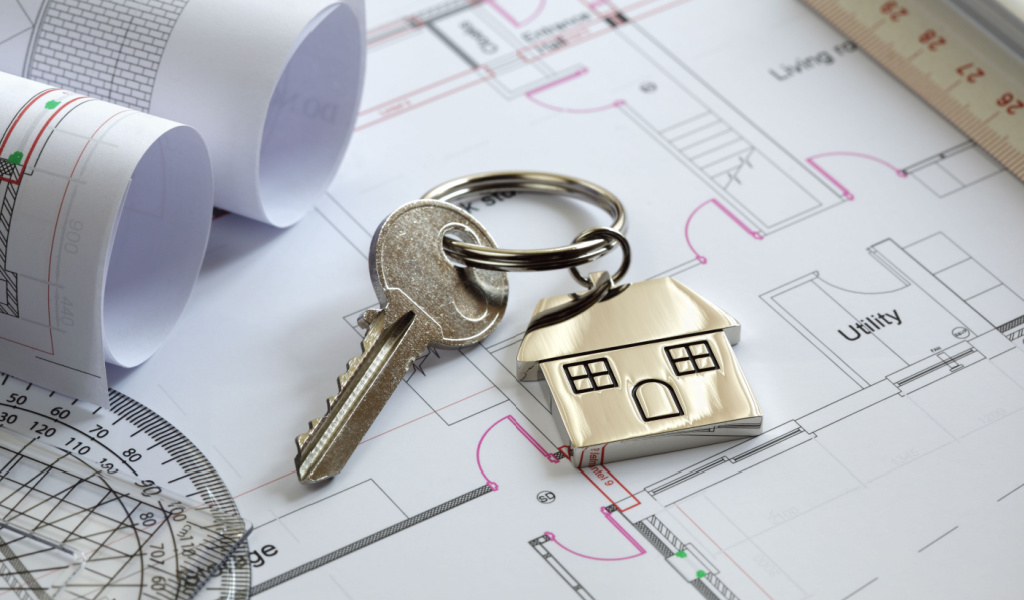Purchasing a house is an investment in yourself and your future. You should start saving for it as soon as you decide to buy a home. Most people are familiar with the fact that purchasing a house will probably be their biggest investment. You must start saving as soon as possible to achieve this milestone!
Before setting up a savings plan, a home loan affordability calculator can help determine your income and how much you should save. You can find several of those online. Creating a budget to save money is advisable, as it can lead you toward your goal of owning a house.

Savings Requirements for Purchasing a Home
Purchasing a home involves advance expenses, a down payment in particular. Generally, it requires 3% to 20% of the price of the house as a down payment for conventional loans. Down payment rates in the United States are typically about 6%. Moreover, there are additional costs, such as closing expenses and other fees. According to the real estate website Zillow, these can add up to an extra 2-5% of the price of the property you are purchasing.
Savings accounts are one of the best options for storing money safely, especially for significant investments like home purchases. They contain the possibility for growth while still offering FDIC insurance protection. If a proprietor of a house is an existing goal, potential homeowners should avoid investing their down payment funds.
How To Start Saving for A Home?
The following are a few strategies that could assist you if you hope to purchase a house but need help arranging the finances.
Calculate the Down Payment & a Timeline
Ensure that you do the rough calculations if you have yet to give the following much thought. You should be mindful of a savings target and due date when saving for a home. For example, you could intend to set aside 20% of the price of your mortgage by the end of the year.
Your budget for purchasing a house, the down payment percentage, monthly payment preferences, when you wish to buy your house, and the timeframe you are looking for in a mortgage are essential facts to bear in mind when considering purchasing a home. These can help you decide on a reasonable budget, deadline, and savings.
Plan For the Additional Expenses
You must budget your house’s costs, expenses, and taxes. Cash expenses include property taxes, homeowner’s insurance, and closing charges. Furthermore, this includes expenses for utilities, upkeep, modification, and furnishings. Some of the additional costs that require savings are as follows:
- Appraisal Costs: Your mortgage lender requests the costs of an appraisal. Moreover, they determine the worth of the property.
- Home Inspection: Generally, for a single-family home, a home inspection costs between $279 and $399. Based on what you need to examine and how much detail you expect the report to go into, prices will change.
- Realtor Fees: In certain states, realtor fees are 5.45% of the home’s purchase value. The seller could cover your realtor’s fee based on the market. Hiring an attorney to examine your purchase agreement is more common in some other places. This is because a lawyer is cheaper than a realtor.
- Closing Expenses & Appraisal Fees: This identifies the value of your property. Generally, the mortgage lender requests it. For a single family, it could cost between $300 and $400.
Increase Your Savings Amounts
You must spend less to increase your savings. To know where you can save money or make concessions, make sure to keep track of your spending. First, opening a savings account with a high yield is necessary. After that, figure out your monthly savings target and set up transfers. This payment can be made as a regular monthly expenditure by setting up automatic savings payments.
Try To Earn a Raise
When your income increases, your savings can increase as well. Work hard towards a raise, particularly if you already hold a job that you enjoy. By joining live or online training seminars or learning a new language, you can learn new skills to improve your potential earning. Including such abilities in your resume could help you with a raise. If your hard work does not always reward a pay increase, consider other opportunities. Discover a job that suits your expertise and start applying right away.
Increase Your Sources of Cash Flow
Having numerous sources of cash flow can benefit your home savings plan. If one source of income does not work out for some reason or another, having additional sources of revenue becomes incredibly valuable. A sudden shift in your income will not cause any problems when making your monthly mortgage payment.
Clear Your Biggest Debts
Reducing your credit utilization before taking on additional debt, such as a mortgage, would be best. The credit usage ratio measures the available credit compared to what you have used. However, greater credit utilization rates could negatively affect your credit score with time. Apart from being relieved, clearing your debts can also boost your credit score and get you well-prepared for this upcoming purchase.
Never Hesitate to Ask for Help
Whether you are looking for homes or need assistance controlling your budget, do not hesitate to ask for help. To develop an effective financial plan, follow a few budgeting apps, such as Mint, if you are figuring out how your budget should appear.
Place Your Savings in a High-Yield Saving Account
Even if you are financially stable enough to afford a house, you should try and maximize each dollar. Ensure to examine the returns of various savings accounts before making a deposit. As long as your account is open and the greater the yield is, the more possibility you hold for your savings to grow.
In Conclusion
Undoubtedly, purchasing a home secures your future. Applying the above information could simplify the procedure and move you closer to buying a house. Determining when you intend to purchase a home will help you decide the best way to invest your money for a down payment in the future. However, most significantly, you will possess a place of your own that is yours to keep.




